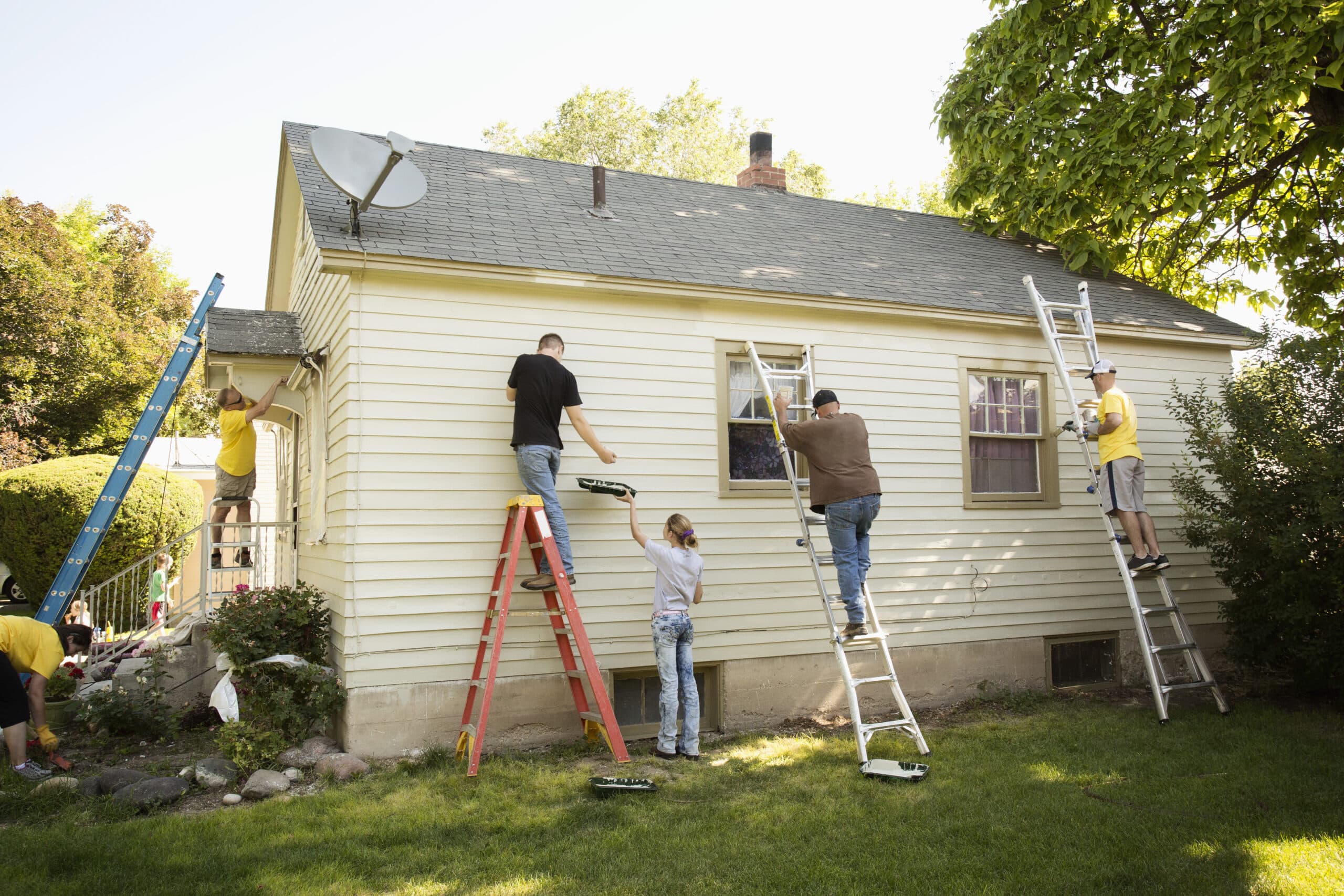
If you’re house hunting on a budget or love a major DIY project, it’s easy to romanticize the idea of buying a fixer-upper. But before you start fantasizing about renovations, it’s important to know whether the house you’re looking at has potential, or just the potential to become a headache. Here are some questions to ask yourself before buying a fixer-upper.
What’s your budget?
It’s best for your finances if you go house hunting with a specific budget in mind. Understand not just what you’re willing to pay for a home, but also what you’re willing to invest in repairs on top of that initial price. That said, a little flexibility may be necessary— surprises can pop up that you didn’t budget for, especially if you’re fixing up an old home. Whatever number you land on, set aside an additional 10-20% as an emergency contingency fund to cover surprises.
How serious are the repairs needed?
Before buying a fixer upper, you should know exactly what needs fixing up. Are the issues primarily cosmetic, or are there major structural issues you’ll need to shell out thousands for first? Wanting to renovate an outdated bathroom is one thing, but needing to re-do the entire plumbing system is another. Knowing what level of repairs are necessary is where a home inspector like me can help, since an inspection will uncover major problem areas around the property. And the more you know about the home’s condition, the better position you’re in to negotiate with the seller.
Can you make the renovations you’d want to make?
Even if you have the budget to make the renovations of your dreams, that’s not the only factor in whether you can actually make those happen. If you want to add on to the property or make major layout changes, you’ll need to be sure you have the space and legal ability to do so. Be aware of any zoning regulations or neighborhood restrictions that could affect your remodeling plans.
Is the home safe to renovate/live in?
If a home is a significant risk to your health and safety, it’s probably not worth fixing up. Sometimes the problem with a home isn’t its age — it’s the materials. Beware of lead or asbestos, especially in homes built before the 1980s when asbestos’ use became more restricted. Since these harmful materials require specialists to clear out, their removal isn’t cheap, and can quickly take over your budget. If your potential fixer-upper’s sellers aren’t sure whether toxic materials are present, hiring a licensed asbestos abatement contractor can help you detect and handle any issues.
If you’ve got your eye on a fixer-upper in Long Island and need a professional to come take a look at its condition, you’ve come to the right inspector for help! Don’t hesitate to reach out to me today.

